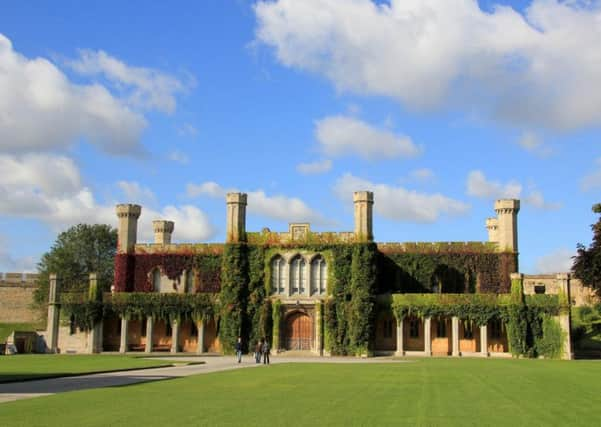Magna Carta at 800: Everything you need to know


The charter, first signed at Runnymede on the banks of the Thames contained 63 clauses dealing mostly with the administration of justice, and the detail of feudal rights and customs.
What you need to know:
- It was granted by King John in June 1215, drawn up after his barons rebelled and forced him to agree to limitations on his power, because he had demanded heavy taxes to fund his unsuccessful wars in France.
Advertisement
Hide AdAdvertisement
Hide Ad- Originally known as the ‘charter of liberties’ or the ‘charter of Runnymede’ it acquired its more familiar name in the year 1217.
- About 20 copies were originally made, only four survive: The British Library holds two; the cathedral cities of Salisbury and Lincoln have one each.
- Lincoln Cathedral’s copy was on display in New York when the Second World War began and then spent nearly six years locked in Fort Knox.
- The original versions were written in Latin on a calfskin parchment. The first known written English version was made in 1534.
Advertisement
Hide AdAdvertisement
Hide Ad- Only three of the original clauses in Magna Carta are still law: one defends the freedom and rights of the English church; another confirms the liberties and customs of London and other towns; and a third paved the way for trial by jury.
- Magna Carta guaranteed free movement of people in and out of the country, for merchants (clause 41) and everyone else (42).
- The charter granted no freedoms to women. But some clauses did help women, particularly widows who were no longer forced into second marriages when a knight died in combat or of disease.
- Many of the rights in the 1998 Human Rights Act originated in principles emerging from Magna Carta. the Human Rights Act enshrines the European Convention of Human Rights in British law.
Advertisement
Hide AdAdvertisement
Hide Ad- A project called My Digital Rights, marking Magna Carta’s anniversary and the 25th birthday of the world wide web aims to set out clauses people would like to see in a Magna Carta for the digital age. Voting is ongoing, see the current Top 10 most popular clauses.